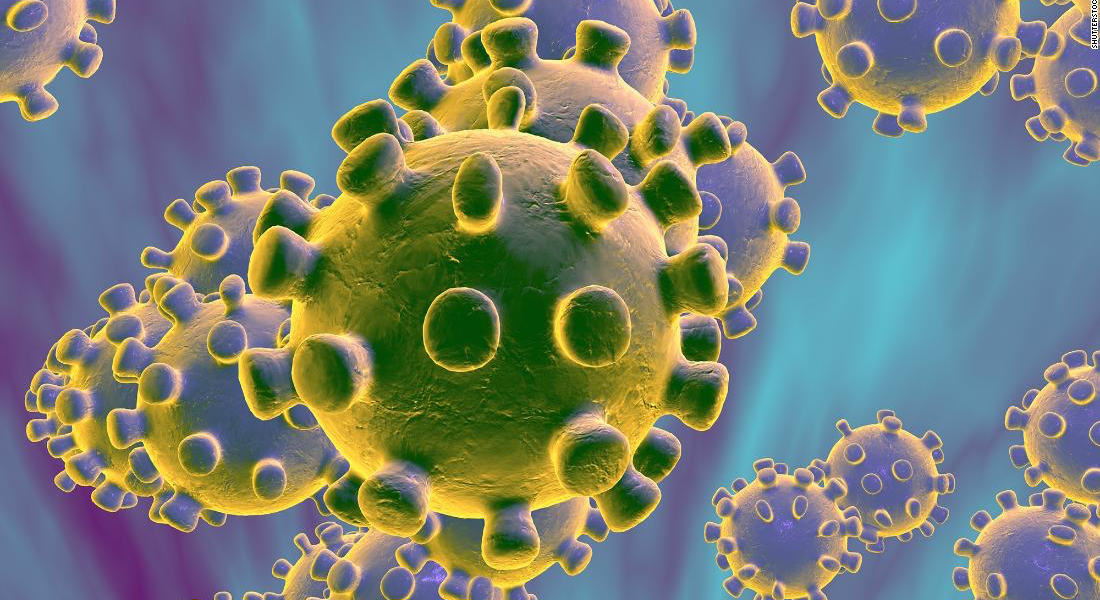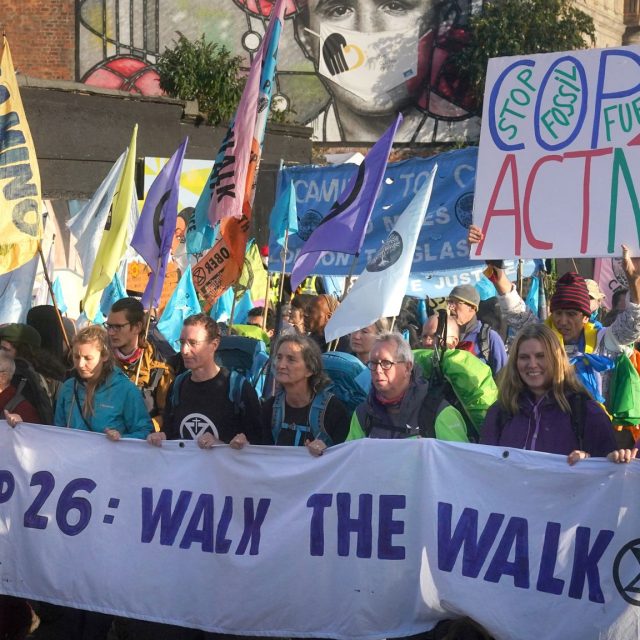Concern has been voiced about the impact on Taiwan of the coronavirus and serious questions have been asked about the country’s exclusion from taking part in international efforts to tackle the deadly disease.
The virus has killed more than 210 people and more than 9,000 confirmed cases mainly in China. There have also been 9 confirmed cases in Taiwan.
Furthermore, there are about 300 Taiwanese expatriates trapped in Wuhan. According to some reports, China has refused Taiwan’s request for repatriating these Taiwanese citizens.
However, the exclusion of Taiwan from the WHO, especially in the World Health Assembly (WHA) and the emergency meetings dealing with the outbreak of the Novel coronavirus are effectively a potential fatal breach in the armour of global efforts to fight against this lethal pandemic.
The outbreak of the novel Coronavirus (2019-nCoV) started in the city of Wuhan in China, which the World Health Organization (WHO) declared yesterday (30 January) to be a Public Health Emergency of International Concern. On Monday, the EU Agency dealing with the outbreak, the European Centre for Disease Prevention and Control (ECDC), will join the Parliament’s Environment Committee to discuss the current situation.
As of today this epidemic has infected nearly 10,000 people and spread to 20 countries other than China, including several cases of human-to-human transmission in Germany, Japan, Vietnam, Taiwan and the United States.
Taiwan, with its proximity to China and intensive people-to-people contact between both sides, bears the brunt of this epidemic. There have been 9 confirmed cases in Taiwan, one of which was infected by a family member who had travelled to Wuhan. In response, Taiwan has scaled up its immigration quarantine and health contingency measures.
However, while other countries are rushing to evacuate their citizens trapped in the lock-down city of Wuhan and have warned against travel to China, Taiwan’s requests to transport its over 400 citizens back home via charter planes has been turned down by the Chinese authorities.
This is seen by Taiwan as a blunt violation of fundamental human rights and is likely to result in humanitarian crises. As we are facing a new strain of Coronavirus about which much remains unknown, searching for an effective cure requires serious international cooperation.
Why are Taiwanese medical experts excluded?
Taiwan’s medical experts have continued to be excluded from the WHO Emergency Committee meetings held in Geneva on both 22 and 30 January. In fact, Taiwan is the only country with confirmed cases that has been inexplicably excluded by the WHO from the meetings.
The root cause for Taiwan’s exclusion lies in a secret MOU signed by the WHO Secretariat and China in 2005 which was not authorized by other WHO member states. Under the MOU, the WHO secretariat designates its legal department as the only contact point for Taiwan, in effect hamstringing the latter’s participation in technical meetings. This not only creates serious gaps in the global health security system, it also undermines the fundamental human rights to health of the Taiwanese people.
The outbreak of 2019-nCoV is an even more serious challenge to the global health than the outbreak of SARS (Severe Acute Respiratory Syndrome) in 2003.
Taiwan says that “lessons must be learned from past mistakes.”
Diseases do not respect borders. Viruses do not do politics. Only when every member of the international community is included in the collective efforts to fight diseases, can we effectively mitigate the impacts of the pandemic outbreak. Including Taiwan in the WHO mechanism will realize a seamless global disease prevention network, in accordance with the original vision and mission of the WHO.




